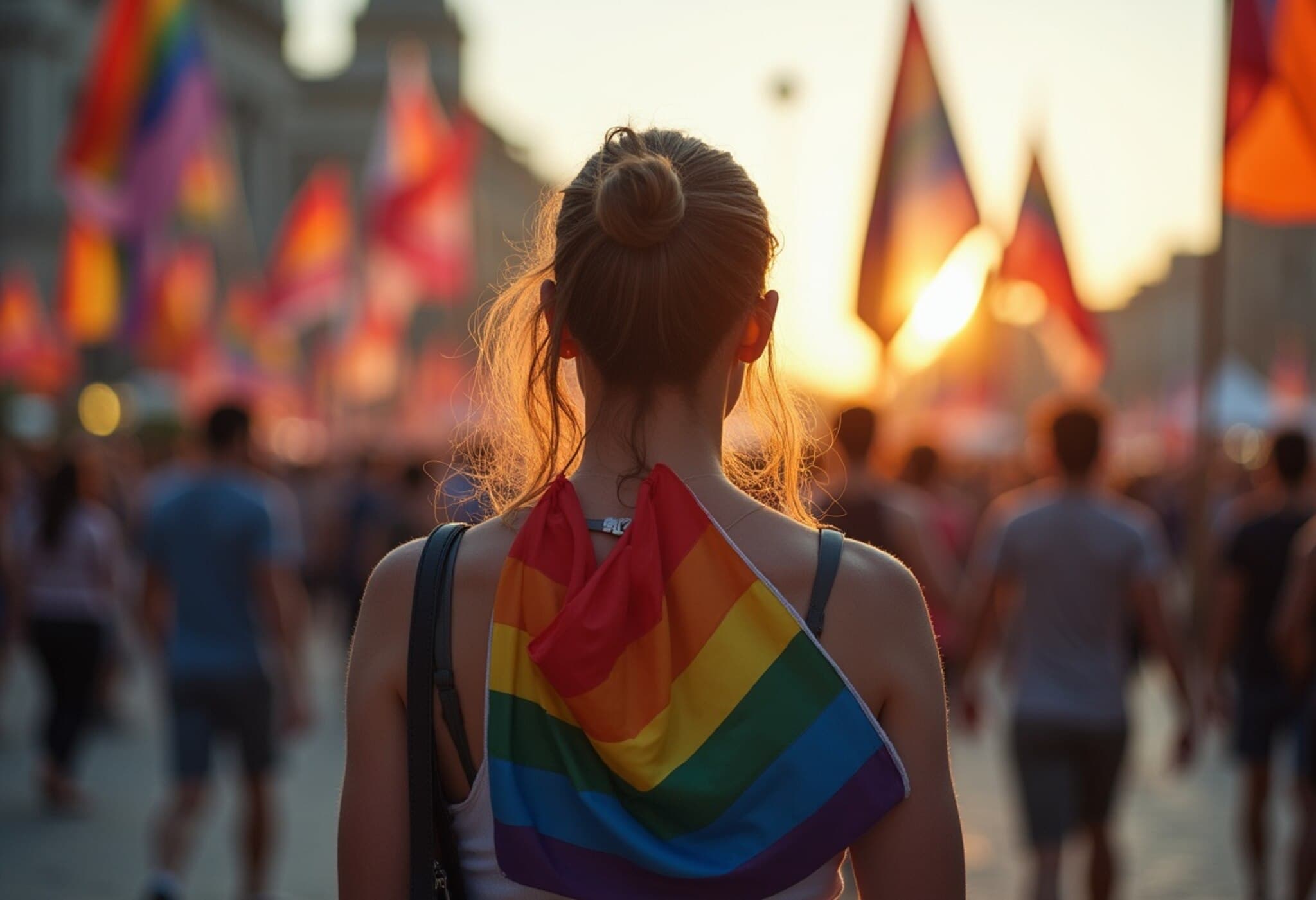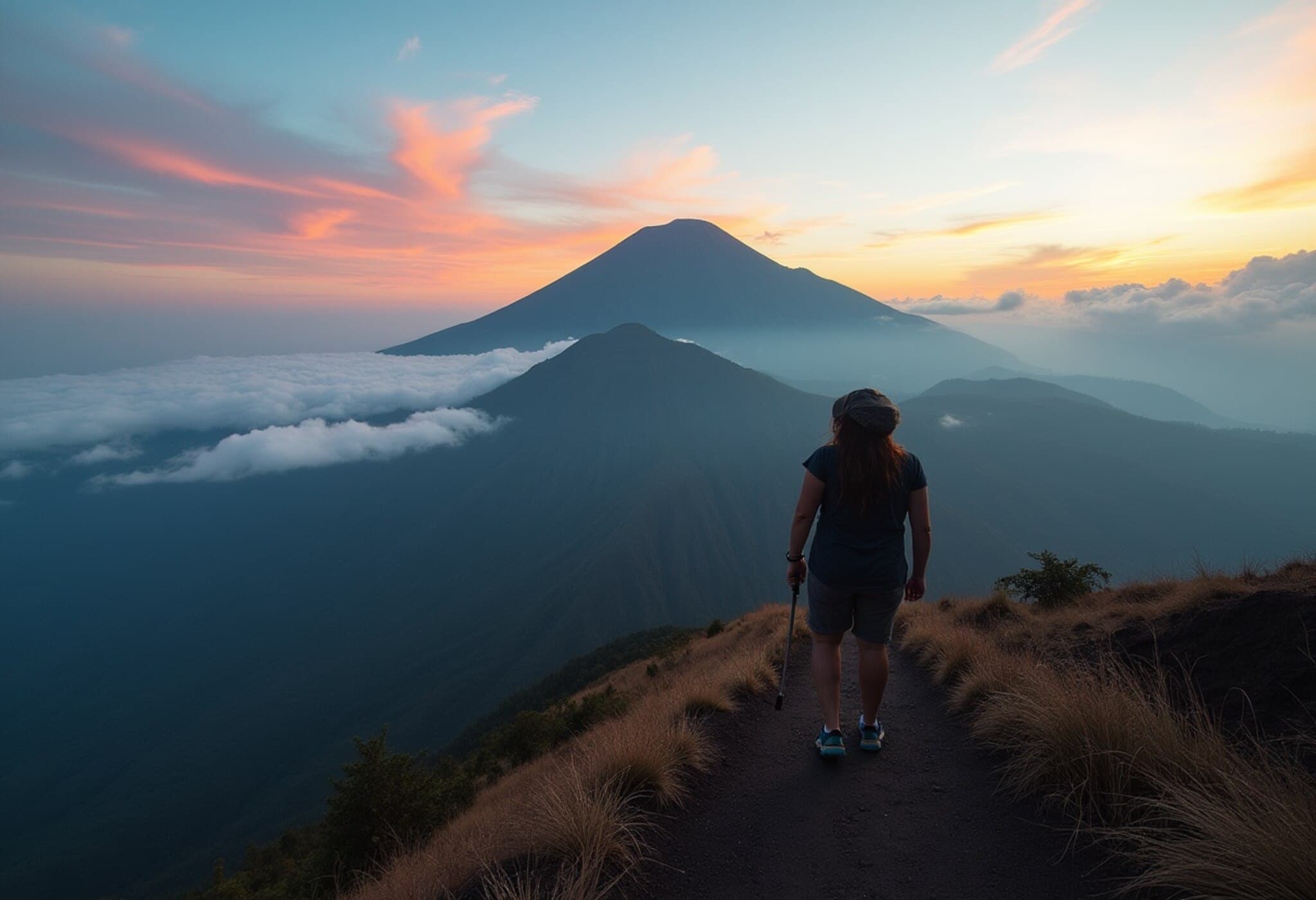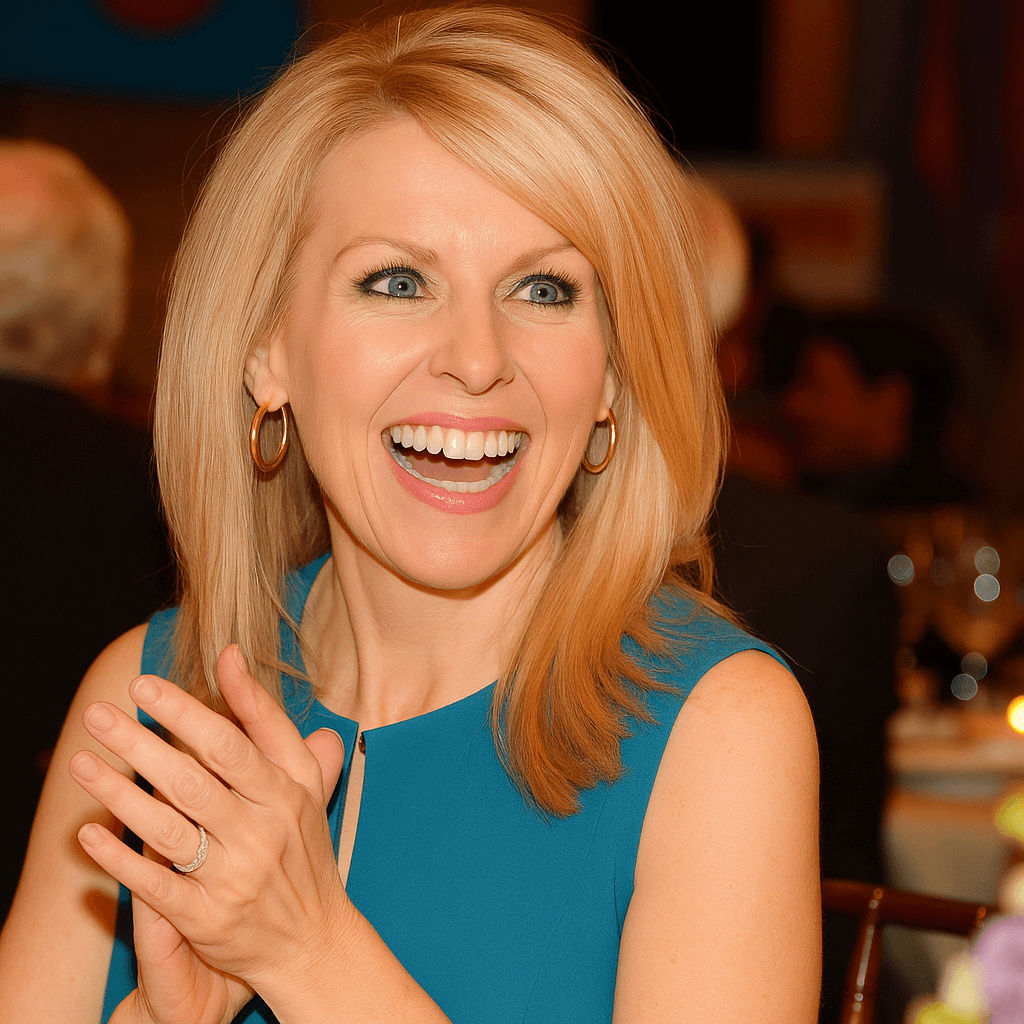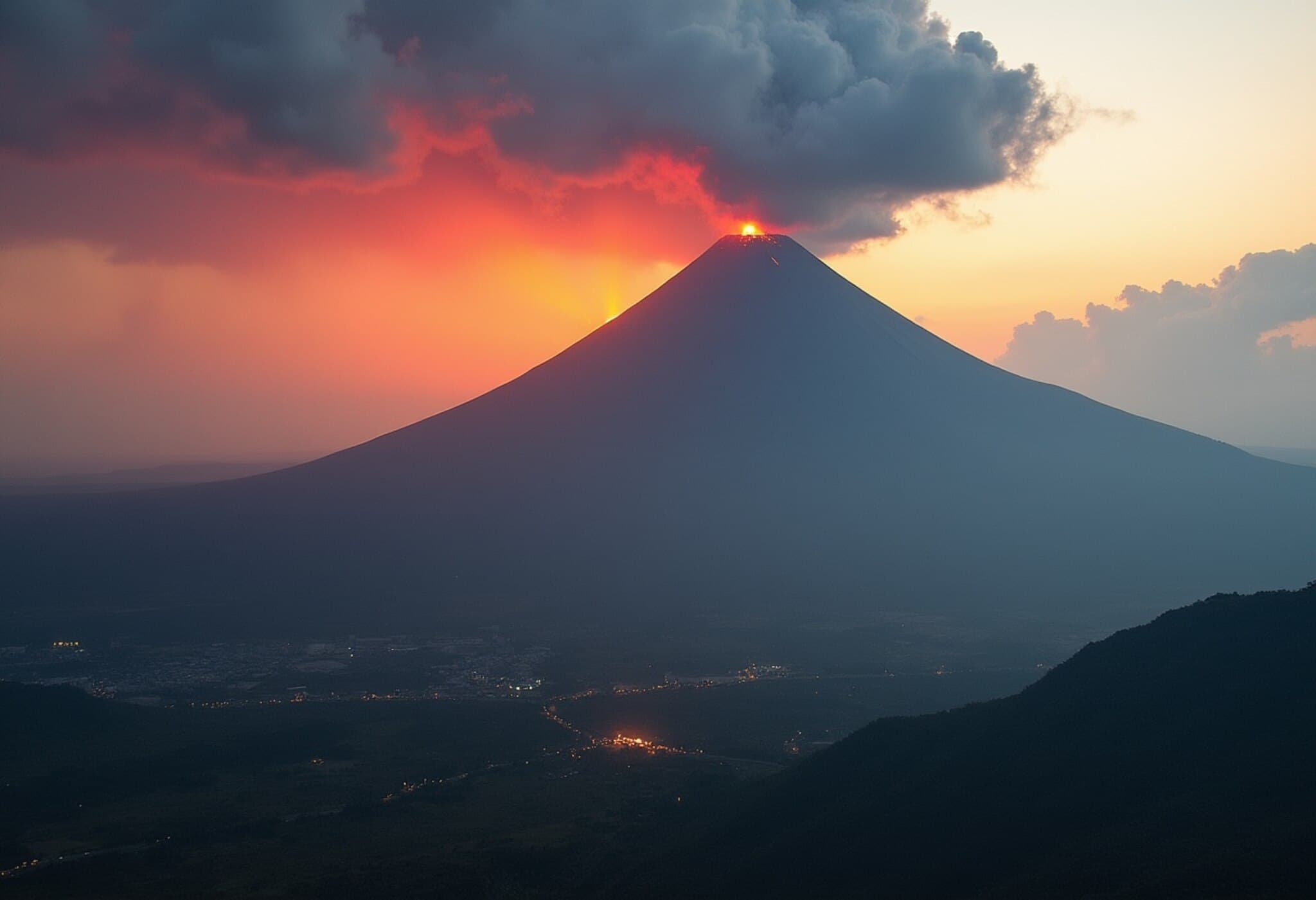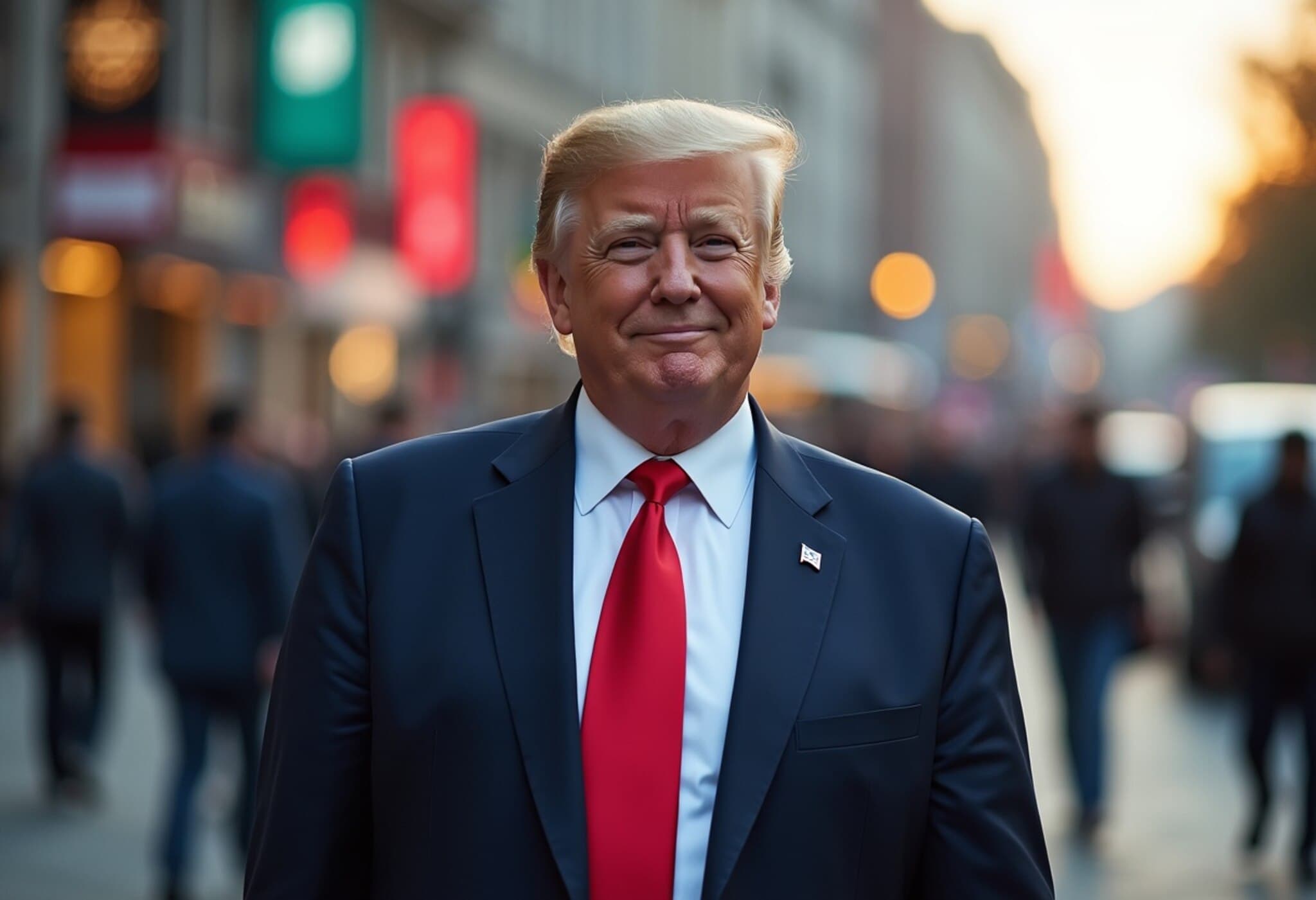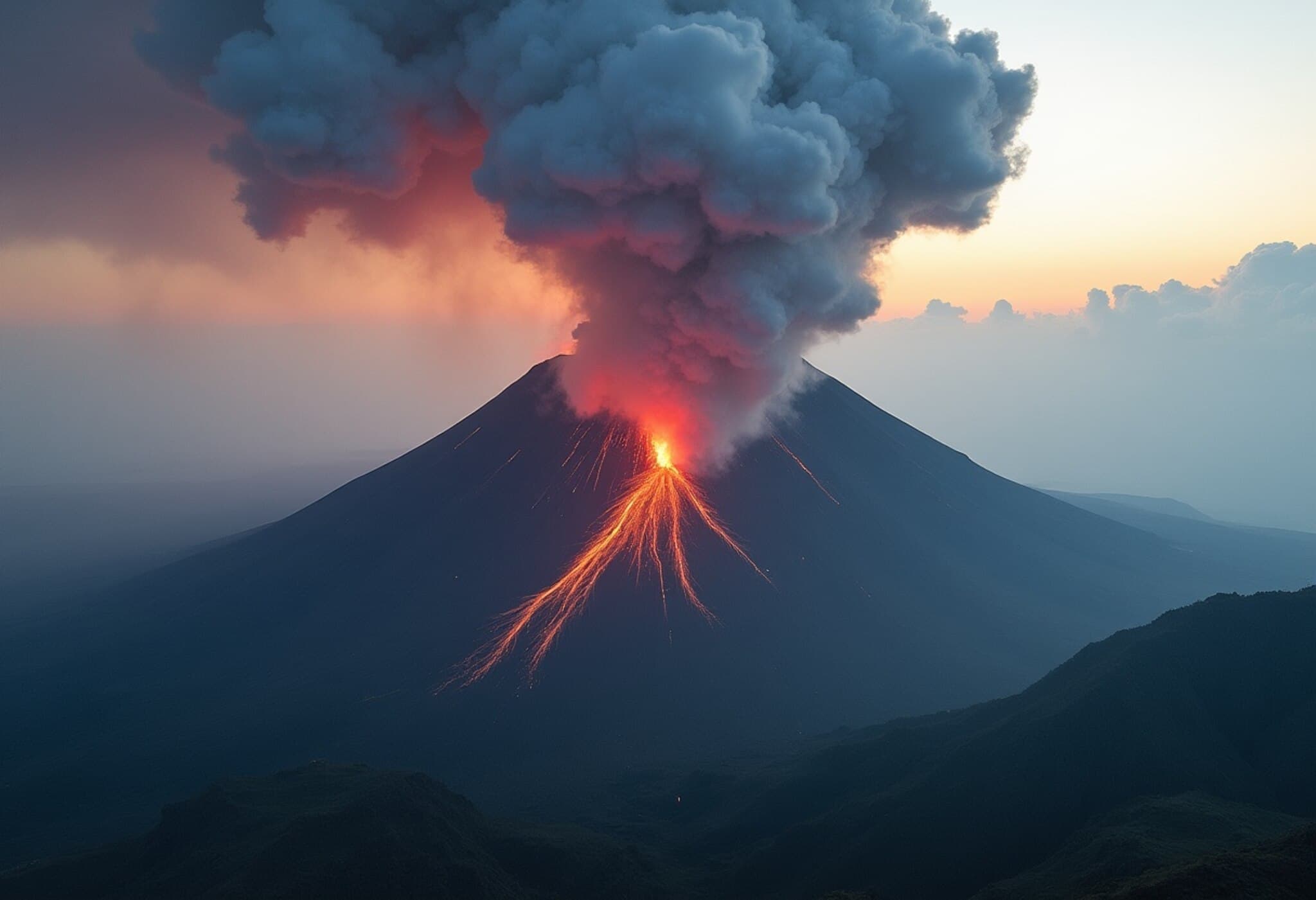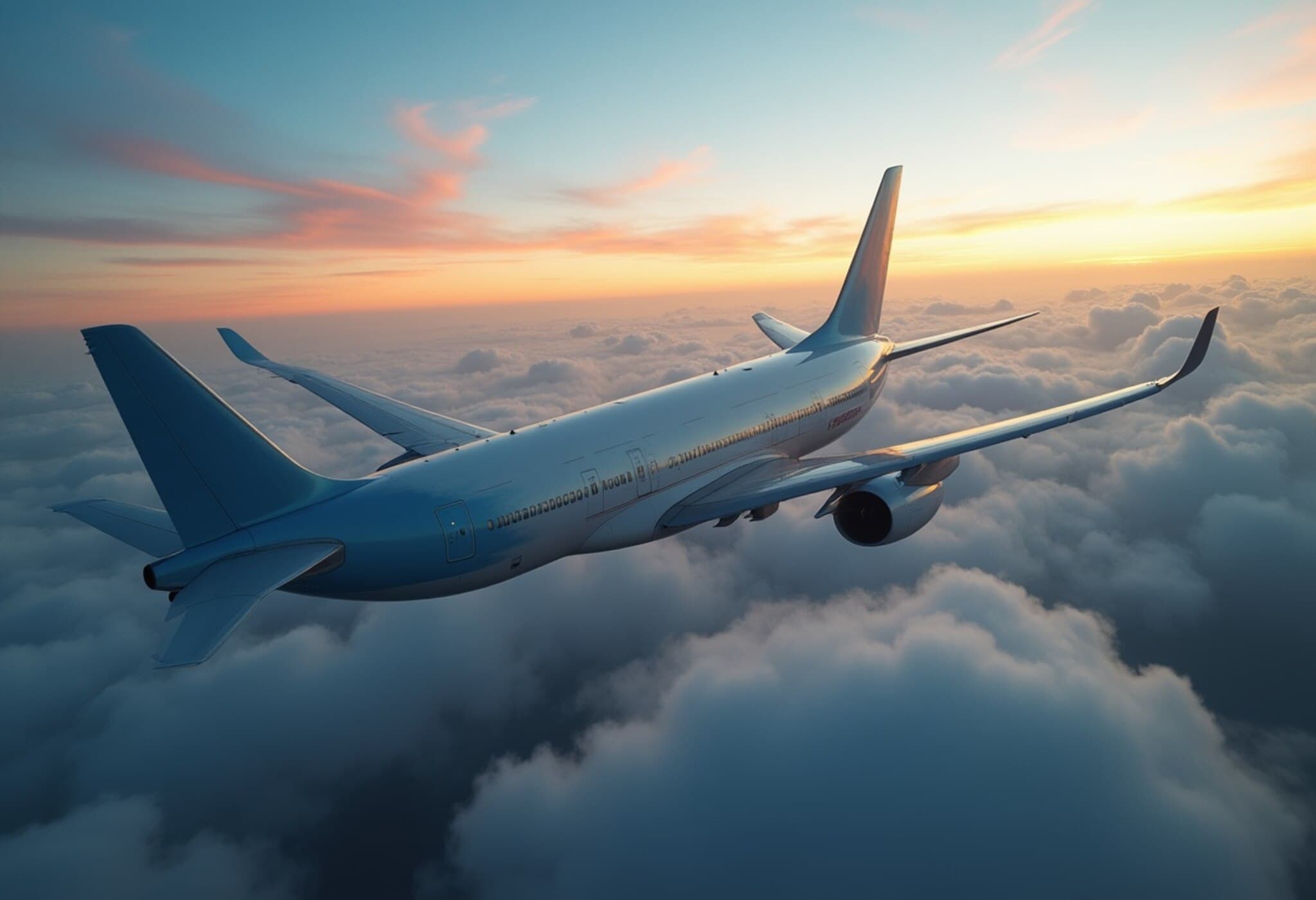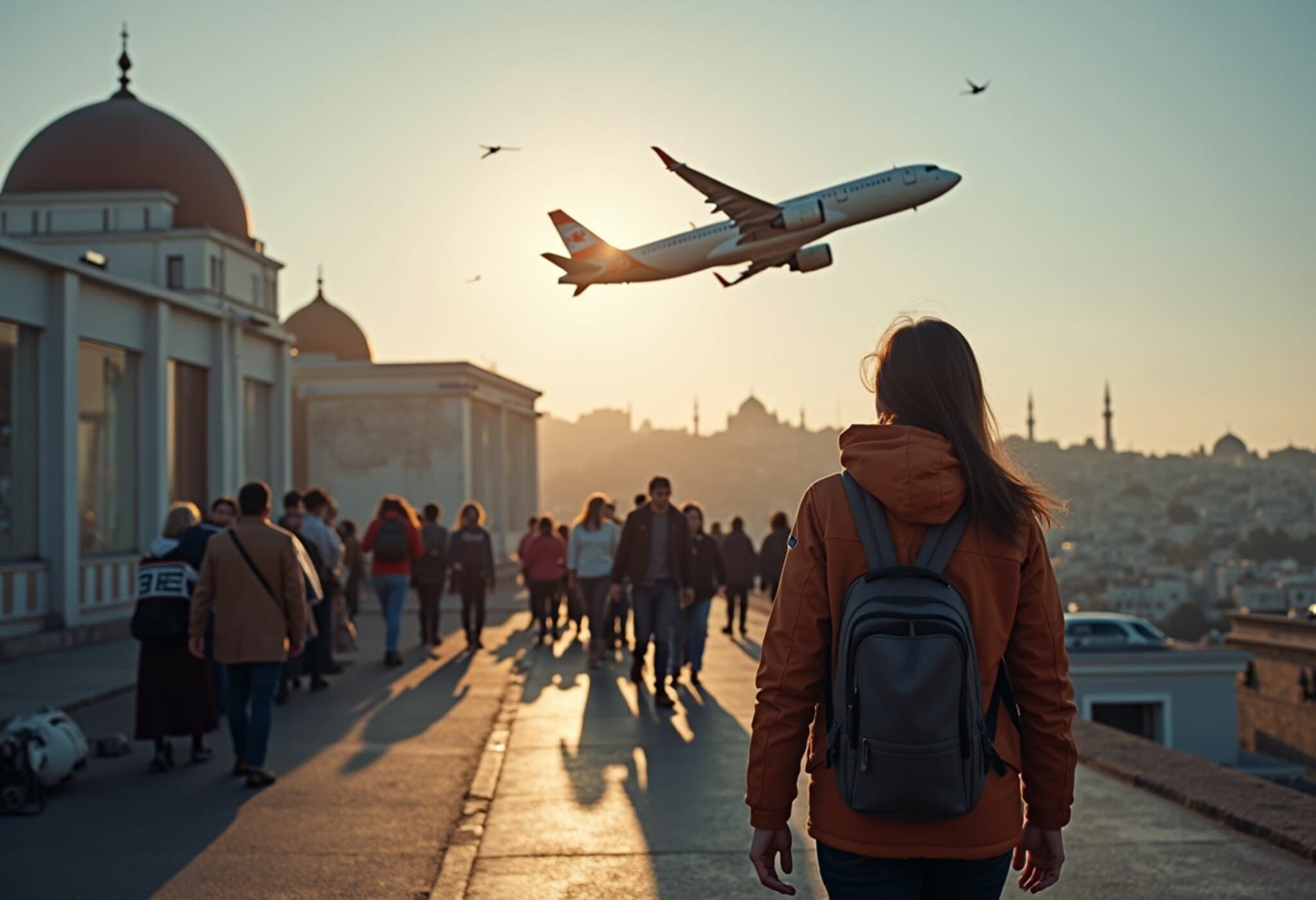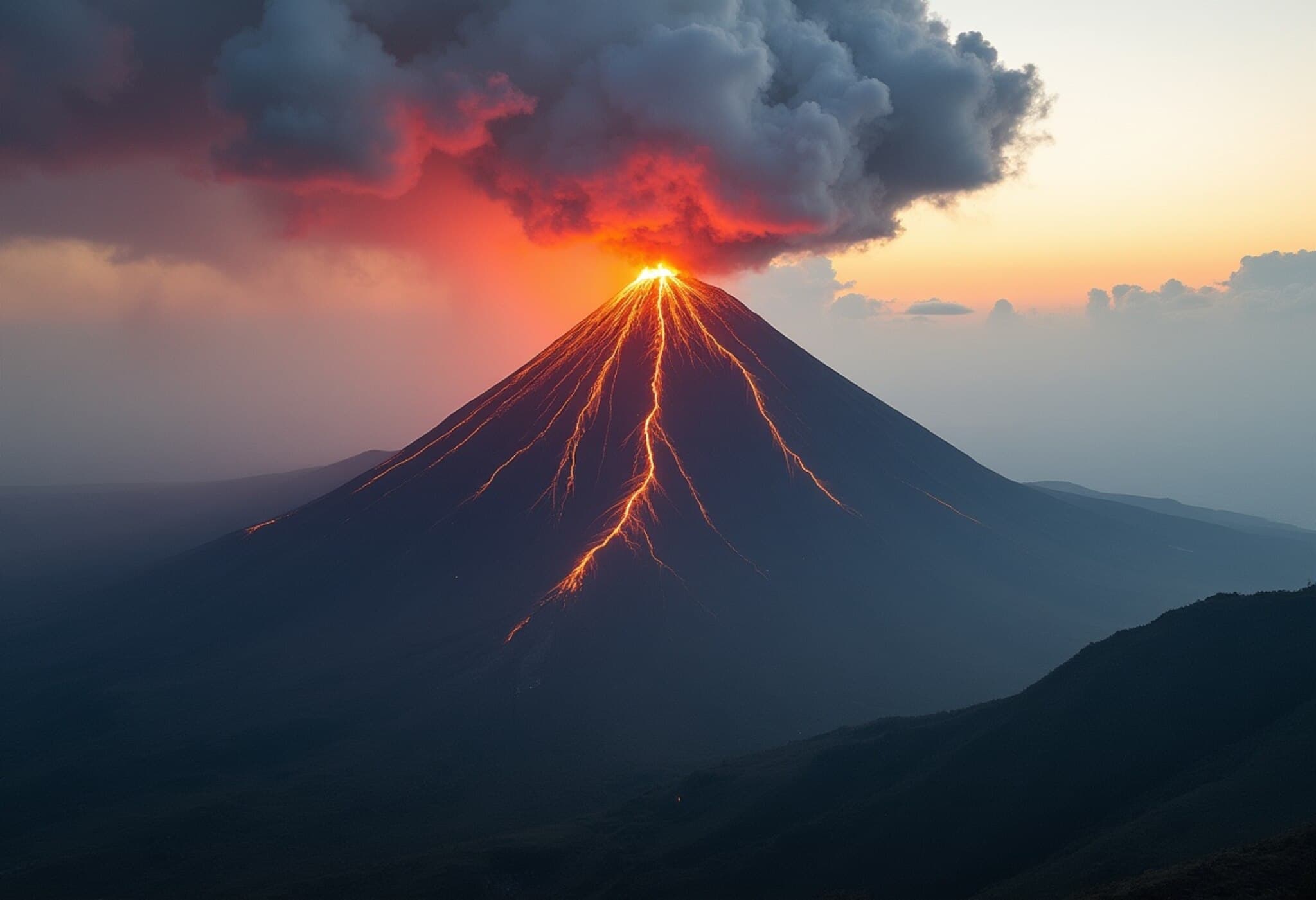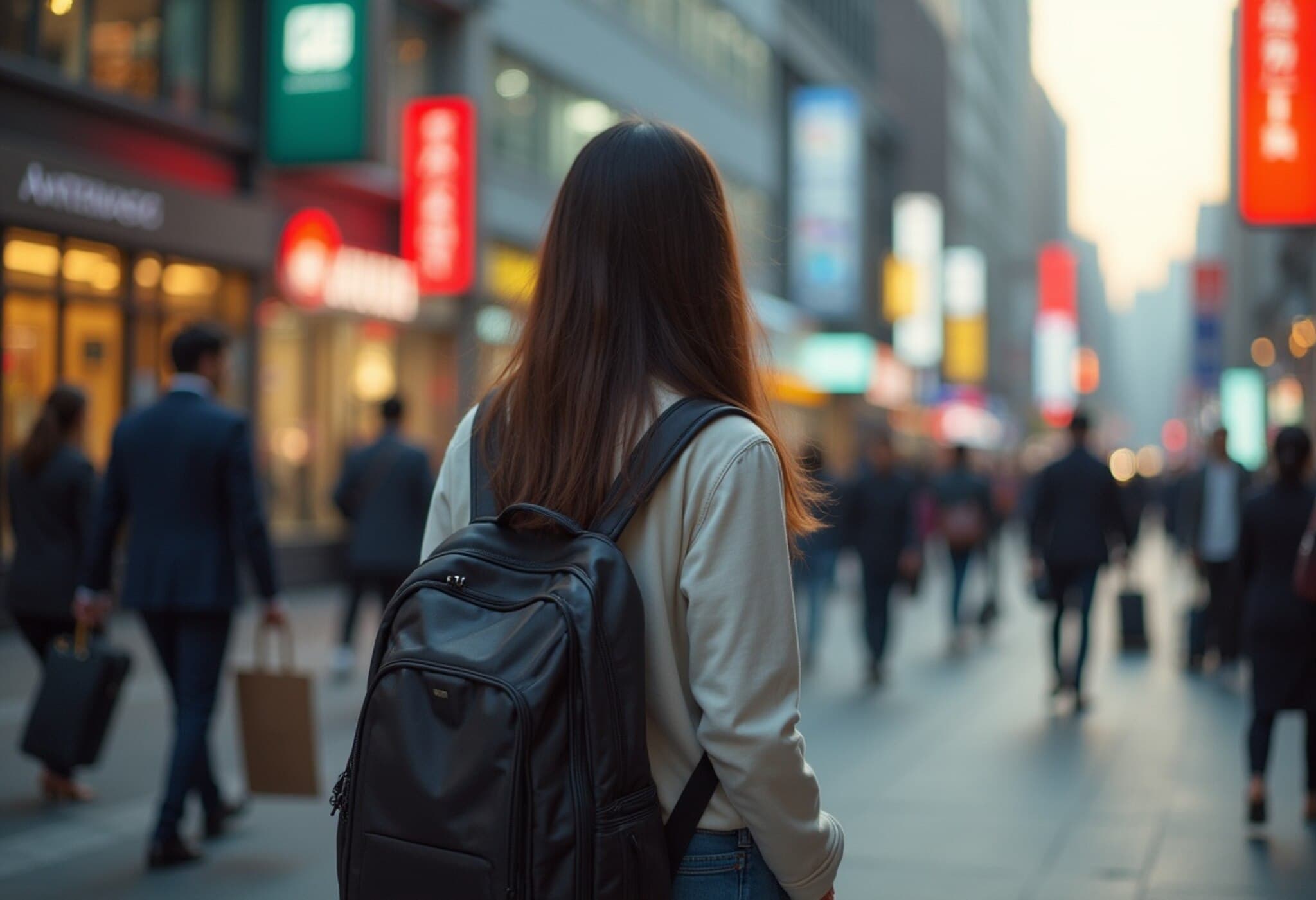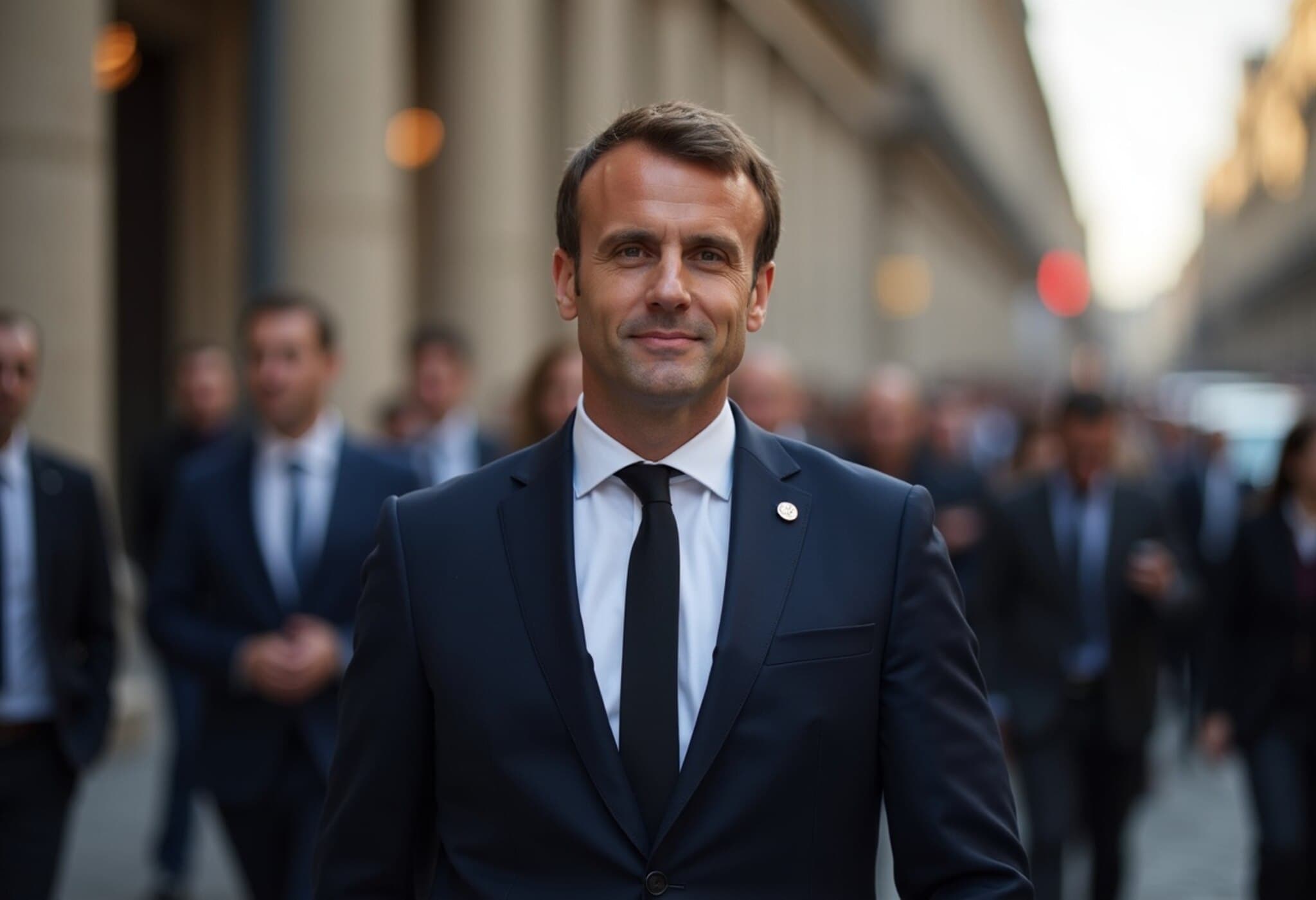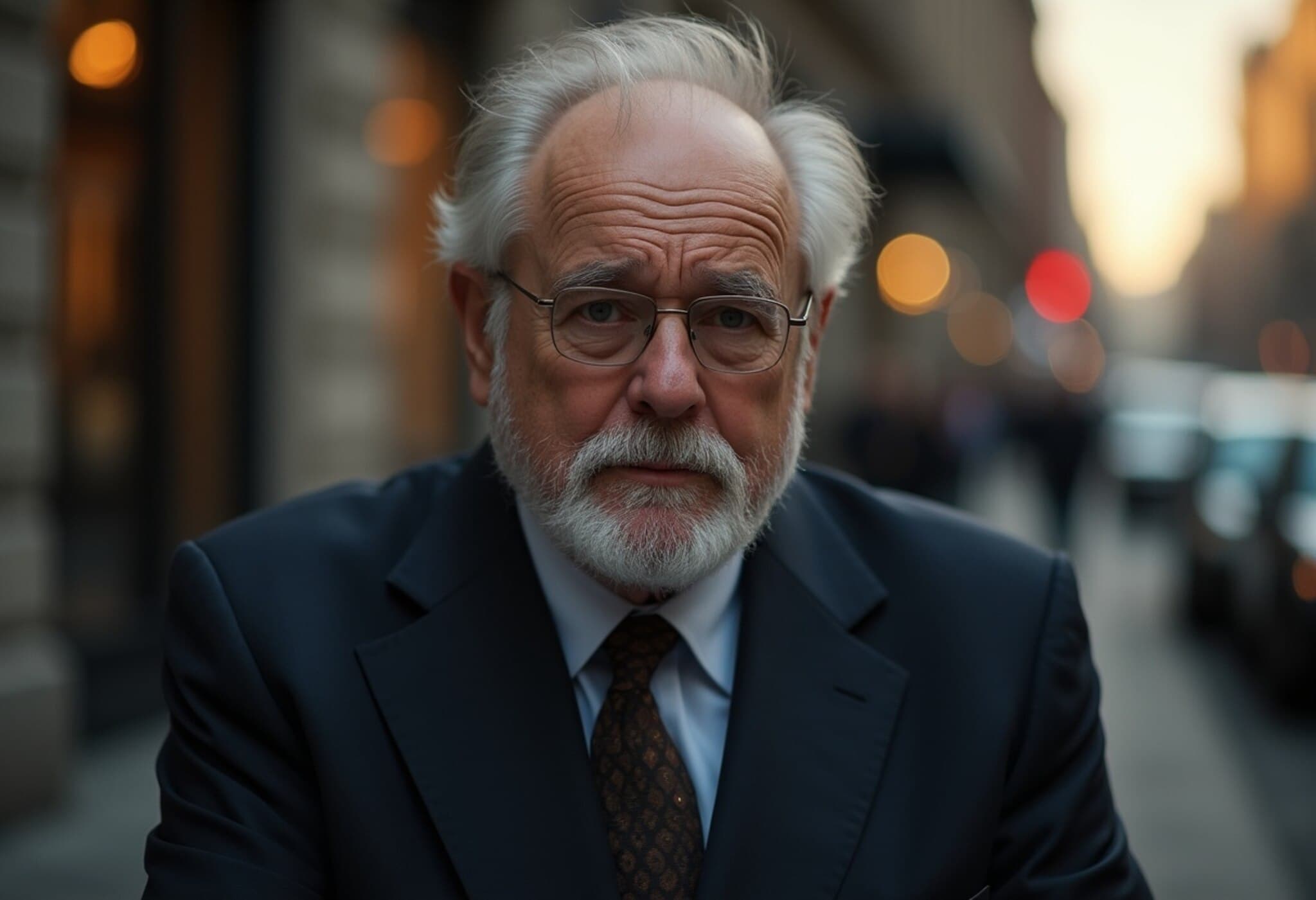Decline in International LGBTQ+ Travel to the U.S. Reflects Complex Realities
In recent months, an emerging pattern has surfaced among LGBTQ+ travelers outside the United States: many are choosing to scale back their visits to the U.S., citing a combination of socio-political concerns, economic pressures, and safety considerations. This shift is particularly pronounced among Canadian and European travelers, signaling broader implications for U.S. tourism and the global LGBTQ+ travel market.
Sharp Declines in LGBTQ+-Friendly Bookings
Data from misterb&b, a leading LGBTQ+-focused travel platform, reveals striking changes between February and April 2025. Bookings for queer-friendly accommodations in the U.S. saw a 66% drop among Canadian users and a 32% decline among Europeans compared with the same period last year. Interestingly, bookings increased by 22% in "blue" states, while "red" states saw noticeable declines.
Matthieu Jost, CEO of misterb&b, explains that while global bookings on the platform have not decreased overall, travelers are increasingly exercising their "rainbow dollar" as a form of activism — consciously choosing destinations that uphold inclusivity and human rights.
Political and Economic Backdrop Driving Travel Hesitancy
For many, the choice to avoid U.S. travel is intertwined with recent U.S. policies perceived as hostile to LGBTQ+ individuals, particularly transgender people. Under President Trump’s second term, multiple executive actions have targeted transgender rights, from military service bans to state-level restrictions on transgender athletes. These developments have prompted countries like Denmark, Finland, and Germany to issue travel advisories specific to LGBTQ+ travelers heading to the U.S.
Canadian LGBTQ+ advocacy group Egale Canada, for instance, publicly decided against participating in major U.S. events, including WorldPride, citing concerns over personal safety and political tensions. Helen Kennedy, Egale’s Executive Director, also highlighted economic factors: ongoing tariff disputes and a rising sense of Canadian patriotism have encouraged LGBTQ+ travelers like Robert Sharp to prioritize domestic tourism over U.S. trips.
The Economic Impact of Changing LGBTQ+ Travel Patterns
The ripple effect of these travel shifts is significant financially. According to the International Trade Administration and the U.S. Travel Association, inbound visitors from abroad by air dropped by 10% in March 2025 compared to the previous year, with total land border crossings down 14%. Oxford Economics estimates that the U.S. will see a $8.5 billion decline in international visitor spending this year.
The LGBTQ+ tourism segment itself is a powerhouse, valued at nearly $300 billion globally in 2023 and projected to grow to over $634 billion within a decade. LGBTQ+ travelers generally command higher incomes, favor experiential spending, and significantly contribute to local economies through hospitality, tours, and services.
John Tanzella, CEO of the International LGBTQ+ Travel Association, underscores how the hesitation to visit the U.S. is more than an issue for airlines and hotels. "From barbershops to restaurants," he notes, "many communities depend on tourism dollars, which could face setbacks if international visitors continue to feel unwelcome." This sentiment echoes a potential widening gap between economic benefit and sociopolitical realities.
Resilience and Vibrancy of U.S. Pride Celebrations Amid Challenges
Despite these headwinds, Pride events across the U.S. remain robust and spirited. Cities traditionally known for their inclusivity continue to draw enthusiastic crowds, often maintaining or even surpassing attendance figures from previous years.
NYC Pride, for example, anticipates 2.5 million participants for its 2025 events, though it reported a 25% drop in corporate sponsorship — reflecting broader economic and political pressures. Similarly, Capital Pride Alliance’s WorldPride in Washington, D.C., maintained strong turnout despite calls from some factions to cancel due to the polarized climate.
Even Pride celebrations in states considered politically conservative have seen growth, indicating that community support transcends political boundaries. Phoenix Pride increased its attendance from 28,000 to 33,000, and Salt Lake City’s Pride reported nearly a 70% rise in attendees from the previous year. Festival organizers emphasize that these gatherings offer vital safe spaces and connections for local and regional LGBTQ+ communities, beyond international tourism impact.
Local Pride as Community Lifeline
Bonnie O’Brien, director of Salt Lake City Pride, encapsulated this perspective: "It’s not about travel or political divides; it’s about finding community and safety, even if just for a weekend." This underscores the dual role Pride celebrations play as both economic drivers and affirming cultural experiences.
Looking Ahead: What This Means For The U.S. and LGBTQ+ Tourism
The current trend invites a broader conversation about how political climates and economic policies shape the movement of people, culture, and commerce. As LGBTQ+ travelers increasingly use their spending power to support affirming environments, governments and businesses must weigh the cost of alienation against the benefits of inclusion.
For U.S. destinations seeking to regain international LGBTQ+ tourists, fostering a welcoming atmosphere alongside clear, inclusive policies could be pivotal. Meanwhile, the resilience of domestic Pride events highlights deep-rooted community strength that continues to flourish despite external challenges.
Editor’s Note
- International LGBTQ+ travel to the U.S. is declining amid political and economic tensions, especially from Canadian and European visitors.
- The LGBTQ+ travel community increasingly sees spending as activism, favoring destinations that reflect inclusivity and safety.
- Despite reduced corporate sponsorships, U.S. Pride events remain well-attended, underscoring the critical role of local celebrations.
- The evolving landscape challenges U.S. tourism stakeholders to balance policy, perception, and economic opportunity.
Critical Question for Readers: In a world where travel choices are increasingly values-driven, how might destination marketing and policymaking adapt to embrace diversity and inclusion more effectively?

